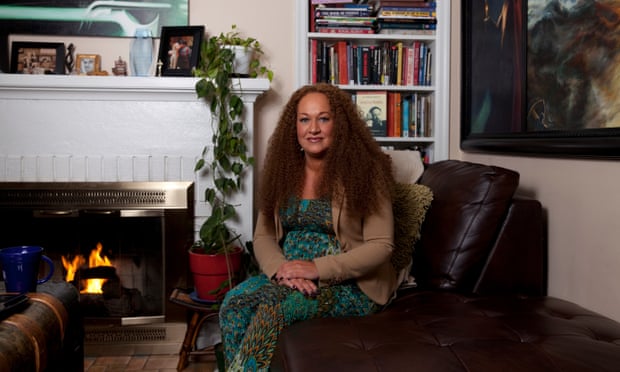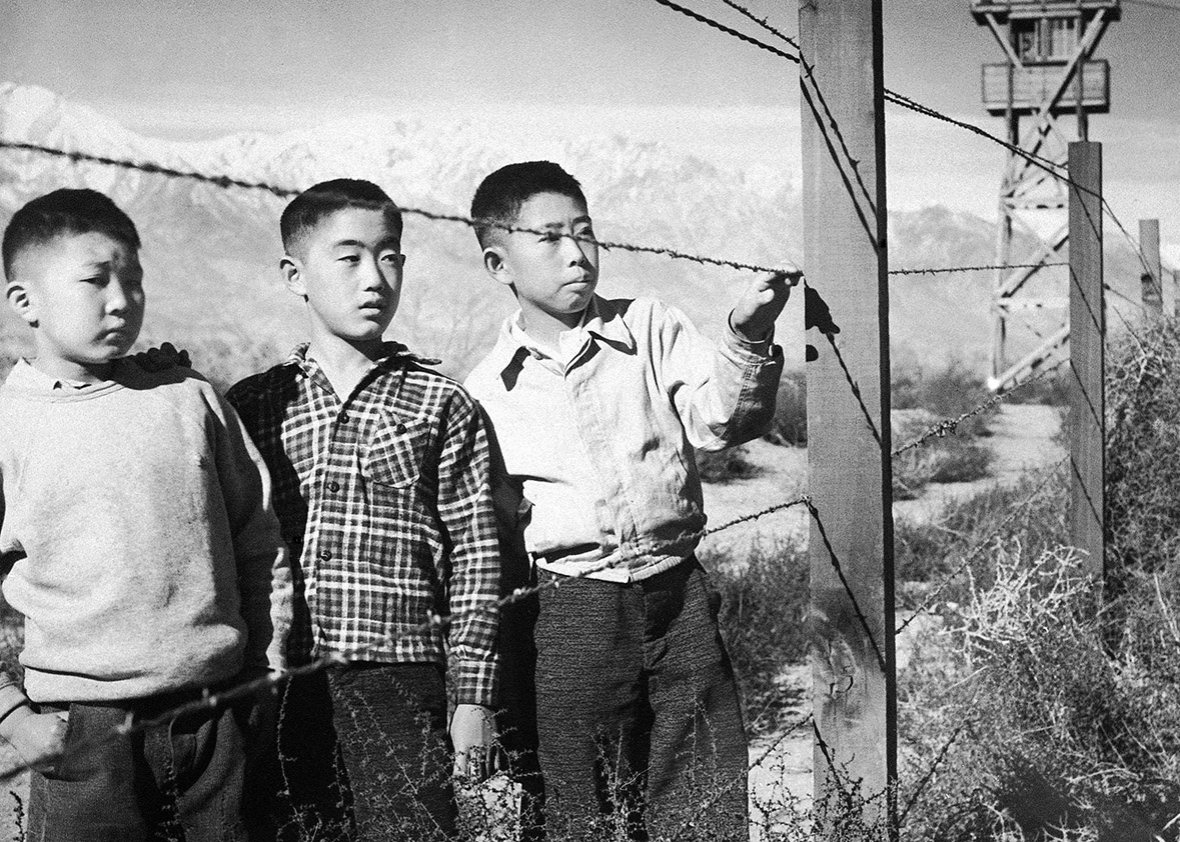School-To-Prison Pipeline Targeted By Arne Duncan Often A Diversity, Training Problem

“When a kid’s not understood, not guided, not taught, they call the police on them…the whole educational system has to change.”

“When a kid’s not understood, not guided, not taught, they call the police on them…the whole educational system has to change.”

She became a global hate figure this year when she was outed as a ‘race faker’. Here, she talks about her puritanical Christian upbringing, the backlash that left her surviving on food stamps – and why she would still do the same again
Click Here to read more.

Click here to read about the report.

Click Here to watch a short documentary in which black women talk about the challenges they face in society.
This latest installment of the NYTimes “Conversation on Race” Op-Doc video series highlights the negative emotional impact of racist attitudes on black women’s lives. Everyone we reached out to for this project was eager to tell her most intimate stories of pain and discrimination, from childhood, to work, to profiling by the police. We hope that in sharing them, we are helping to complicate the public representations of black women and girls — highlighting the unique challenges they face, as well as experiences and feelings that are universal.
From Harriet Tubman to Ida B. Wells to Dorothy Height, black women have been heavy presences in social justice movements throughout history. However, issues particular to these women are often relegated to secondary status in our collective consciousness. This seems to be changing. Recent events in Texas, Baltimore and Missouri show that black women are again in leadership roles, and are speaking out against the mistreatment they regularly experience. But in our nation’s current movement for social justice, women’s voices need a louder bullhorn. Conversations like the one we’re hoping to start with this Op-Doc are a first step to understanding, and to changing.
See below to watch the other installments of this Op-Docs series:
“A Conversation With Police on Race”
“A Conversation With My Black Son”
American politicians are now eager to disown a failed criminal-justice system that’s left the U.S. with the largest incarcerated population in the world. But they’ve failed to reckon with history. Fifty years after Daniel Patrick Moynihan’s report “The Negro Family” tragically helped create this system, it’s time to reclaim his original intent.
/cdn0.vox-cdn.com/uploads/chorus_image/image/47510833/53460365.0.0.jpg)
A new study conducted after a 2005 Supreme Court decision gave judges more flexibility in sentencing suggests that this newfound judicial discretion is being used to help white defendants more than black ones. Judges determines a prison sentence by consulting a set of federal guidelines which provides a recommended range of term length based on factors like the offense and the defendant’s criminal history. The study shows that given the same recommended sentence on almost any crime, white offenders receive a shorter punishment than black offenders — a disparity that has grown since 2005.
This creates an unfortunate double bind for those who aspire for equality in the criminal justice system: When judges are given more power in setting sentences, people are punished differently for the same crimes. When judges lack that power, everyone is treated harshly in court, especially the black Americans who already experience racial bias in the justice system through disproportionately more arrests and criminal charges.
Click here to read more.
What are some contributing factors for this disproportionate amount of arrests, charges, and lengthy convictions for black Americans?
Is there a foreseeable solution for this problem of racial bias in our criminal justice system?
Do you think that judges should have more or less freedom in sentencing? Why?
“Unemployment, imprisonment, and other life events can change what race those around you perceive you to be.”
“Stanford sociologist Aliya Saperstein discusses her research showing that the perception of other peoples’ race is shaped by what we know about them…Race is a social construction, not just in the sense that we made it up, but in that it’s flexible and dependent on status as well as phenotype.”
/cdn0.vox-cdn.com/uploads/chorus_asset/file/664892/race_arrests.0.png)
/cdn0.vox-cdn.com/uploads/chorus_image/image/37243120/453851528.0.jpg) Police arrest a protester in Ferguson, Missouri.
Police arrest a protester in Ferguson, Missouri.
You’ll notice producers from a variety of television programs — “Good Morning America,” Fox News, CNN — all asking for permission to use the video on their broadcasts, because they know this type of shopper-on-shopper violence is a huge draw. Mixed in with those, perhaps unsurprisingly, are a bevy of comments comparing the shoppers to animals, or savages, or making horrifically offensive racist comments.
…this kind of gawking shows how our lurid interest in these stories is connected to issues of class and race in America.

Republican presidential candidate Donald Trump said he’s not sure if he would’ve supported or opposed Japanese internment during World War II.
He told Time Magazine that he “hates the concept of it,” but added: “War is tough. And winning is tough. We don’t win anymore. We don’t win wars anymore.”
To be clear, Japanese American internment is almost universally considered one of the most egregious things the United States has done to an entire ethnic group…
